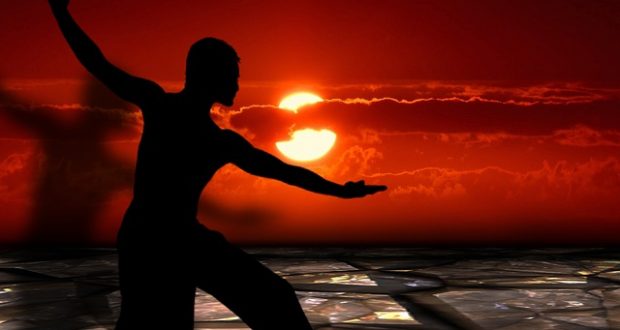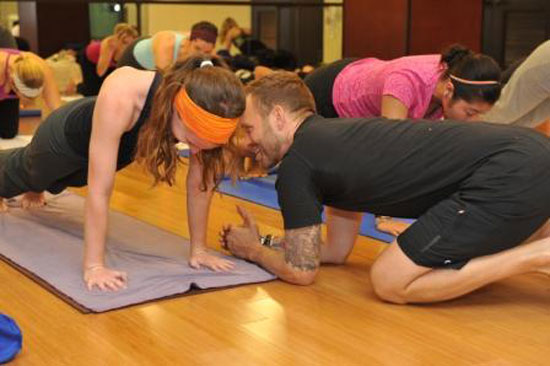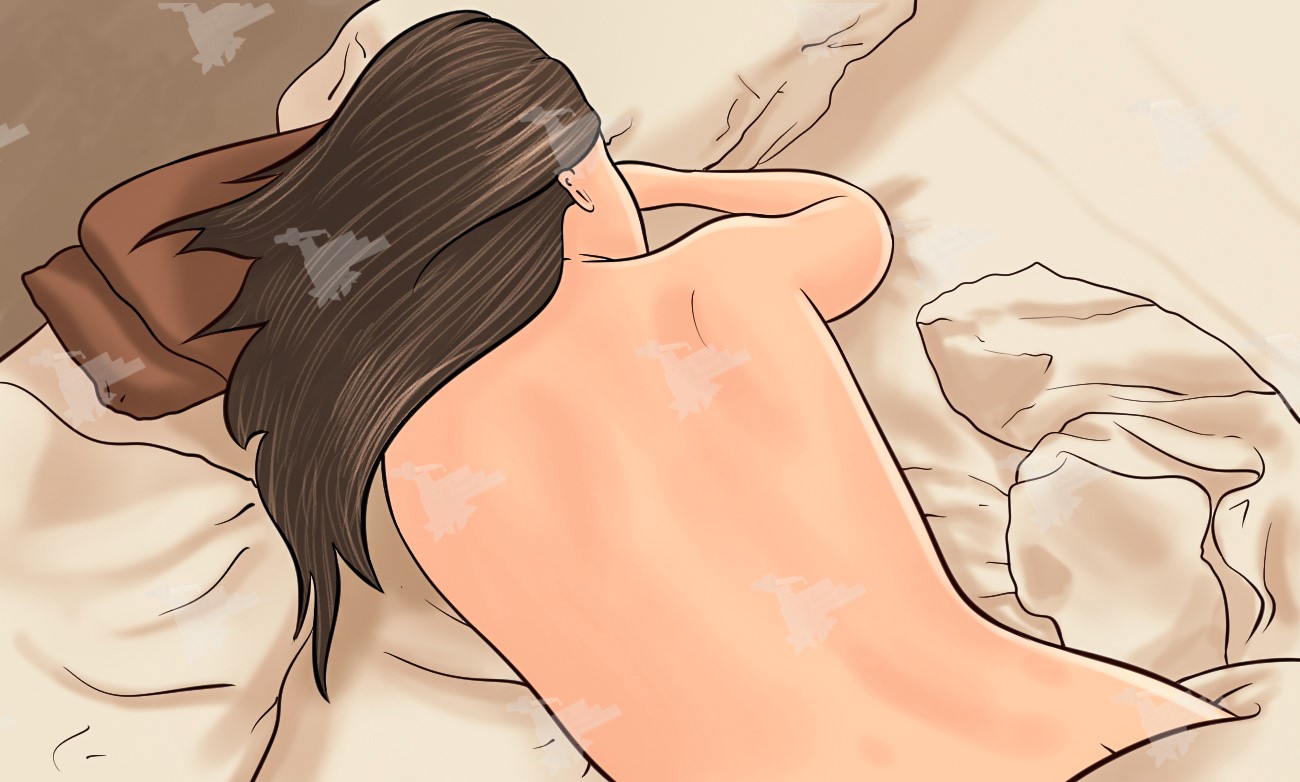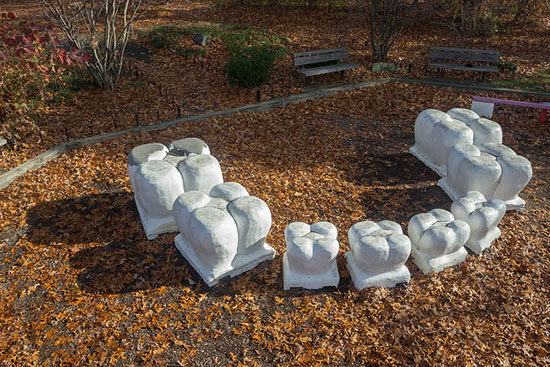If you feel that you are not in a good health and do not know exactly what is the cause for such condition,you can try to determine a diagnosis by a strong biological clock of your body

Chinese biological clock shows the intervals at which energy (chi) circulates through certain parts of the body. Every two hours a day, this energy is strongest in a particular part of the body
If there is some problem, symptoms will be most pronounced during this period. If everything is OK, then you should take advantage of the maximum of the function of that organ.
Doctors who practice traditional Chinese medicine, sometimes in this way are trying to determine the cause of illness.
You should follow the biological clock and write down the time of day when symptoms appear, such as fatigue, pain and such.
Also, be sure to note the time at which you have the most energy during the day or time when you wake up during the night which can also indicate a problem with a particular part of the body.
Do you believe in traditional Chinese medicine?
Absolutely. For thousands of years people have used to develop their knowledge of the human body.
I trust only in some areas, such as acupuncture, massage and knowledge of plants.
Time of maximum functions
From 1 to 3 h LIVER: (detoxification, muscles and eyes)
From 3 to 5 h LUNG (skin)
From 5 to 7 h COLON (elimination, skin)
From 7 to 9 h STOMACH (lymph, food and digestion)
From 9 to 11 h SPLEEN, PANCREAS (lymph, food and digestion)
From 11 to 13 h HEART (arteries, blood circulation)
From 13 to 15 h SMALL INTESTINE (digestion, artery)
From 15 to 17 h BLADDER (bones, teeth, elimination, cleaning)
From 17 to 19 h KIDNEYS (bones, teeth, ears, filtration, elimination)
From 19 to 21 h HEART LINING (tightening of blood vessels)
From 21 to 23 h THERMOREGULATION (sweating, heating)
From 23 to 1 h GALLBLADDER,BILE (digestion, muscles, eyes)
Time of minimal functions or rest
From 1 to 3 h SMALL INTESTINE (digestion, artery)
From 3 to 5 h BLADDER (bones, teeth, elimination, cleaning)
From 5 to 7 h KIDNEYS (bones, teeth, ears, filtration, elimination)
From 7 to 9 h HEART LINING (tightening of blood vessels)
From 9 to 11 h THERMOREGULATION (sweating, heating)
From 11 to 13 h GALLBLADDER,BILE (digestion, muscles, eyes)
From 13 to 15 h LIVER (detoxification, muscles, eyes)
From 15 to 17 h LUNG (skin)
From 17 to 19 h COLON (elimination, skin)
From 19 to 21 h STOMACH (lymph, food, digestion)
From 21 to 23 h SPLEEN, PANCREAS (lymph, food, digestion)
From 23 to 1 h HEART (arteries, blood circulation)
When particular body part is at its peak energy, then it should be used, and 12 hours later, when it is at the lowest energy level, you should let it rest.
For example, if you eat late at night, the food is not well absorbed in the small intestine, it means that you should avoid intake of food around and after midnight, the time when the activity of intestinal lowest. Also, a great time to exercise is early in the morning, because then the lungs are to their maximum.



















